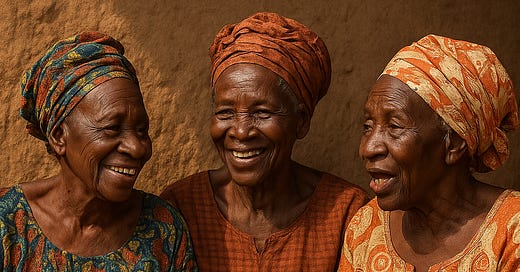General Granger1 did not descend upon Galveston like some savior on a white horse, clutching freedom in his hands as if Black people had been waiting, breath held, for his decree.
They already knew.
While not yet enforced, freedom had been whispering through the trees long before June 19, 1865—carried on southern winds, tucked into the hush of midnight prayers, passed from lip to ear in the hush of cotton fields.
The grapevine2 was alive, and it bore fruit.
Black folk were not disconnected from the drumbeat of freedom echoing across the land.
They caught fragments of news from everywhere, including from the trembling tongues of white folks, who thought of them as chattel and, because of this, spoke carelessly in their presence.
They had followed the tremors of war-like footsteps leading to an open door because they were human, and humanity, though bruised and shackled, still listens and knows.
It might not have had a name, but Juneteenth confirmed what the souls of Black folks had already claimed:
You are not property.
You are not forgotten.
Freedom is already yours.
Afterthought: I was inspired to write this after scrolling through post after post recounting the story of June 19, 1865, and feeling that it sounds like we were completely oblivious to what was going on, like we didn't know we were free. Oh, but we did!
“We knowed what was goin’ on in [the war] all the time,” Felix Haywood, who was enslaved in Texas, is recorded as saying in an account by historian Gregory P. Downs.
When discussing Juneteenth or any moment in Black History, it's important to remember it within the context of how American society saw us back then and now, and how that perception has tainted our stories.
And it is up to us to correct it.
Major General Gordon Granger landed at Galveston, Texas, with news that the war had ended and slavery was over on June 19, 1865. This date came to be celebrated as Juneteenth, now a nationally recognized federal holiday.
"The Grapevine," in the context of African-American cultural history, refers to the informal and often covert communication networks that have historically been vital for sharing information, news, and gossip during slavery. Making Black America: Through the Grapevine, a four-part series hosted by Henry Louis Gates, Jr., chronicles these vast social networks and organizations created by and for Black people beyond the "white gaze" that made it possible to know about what was happening in the world.




